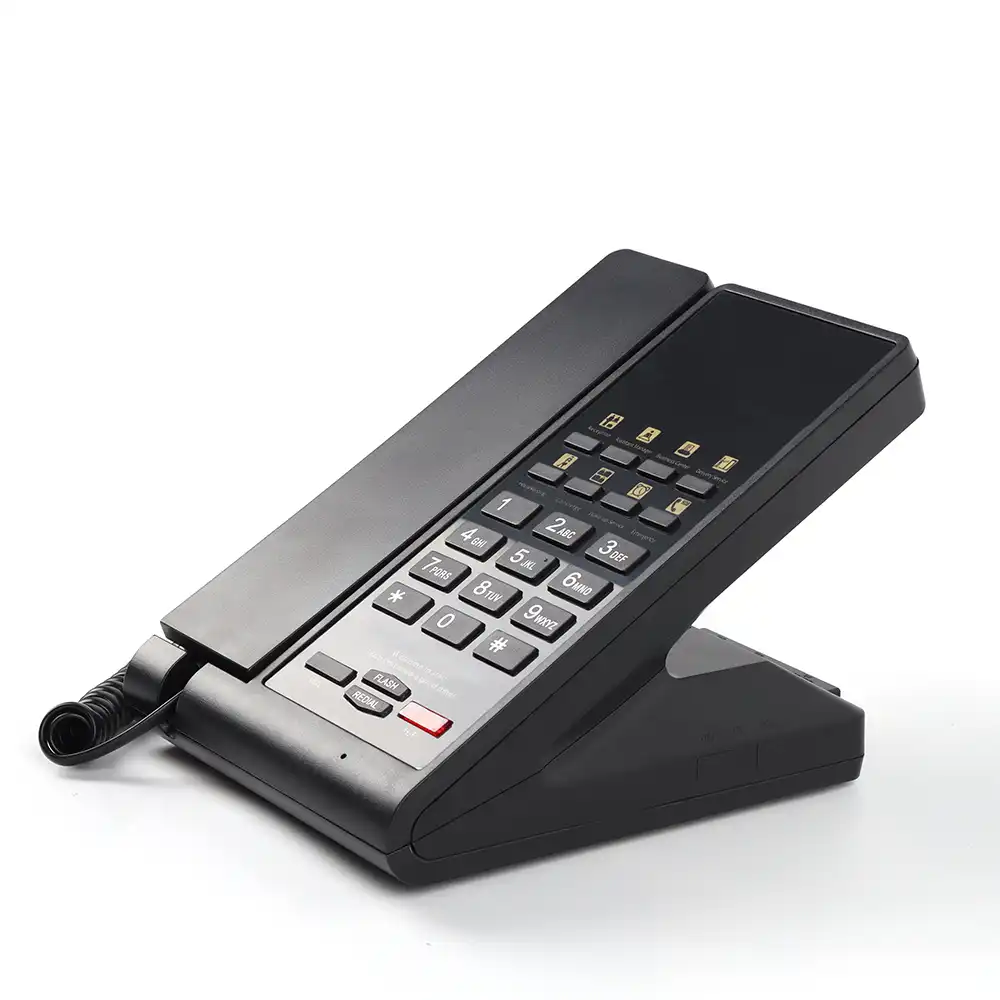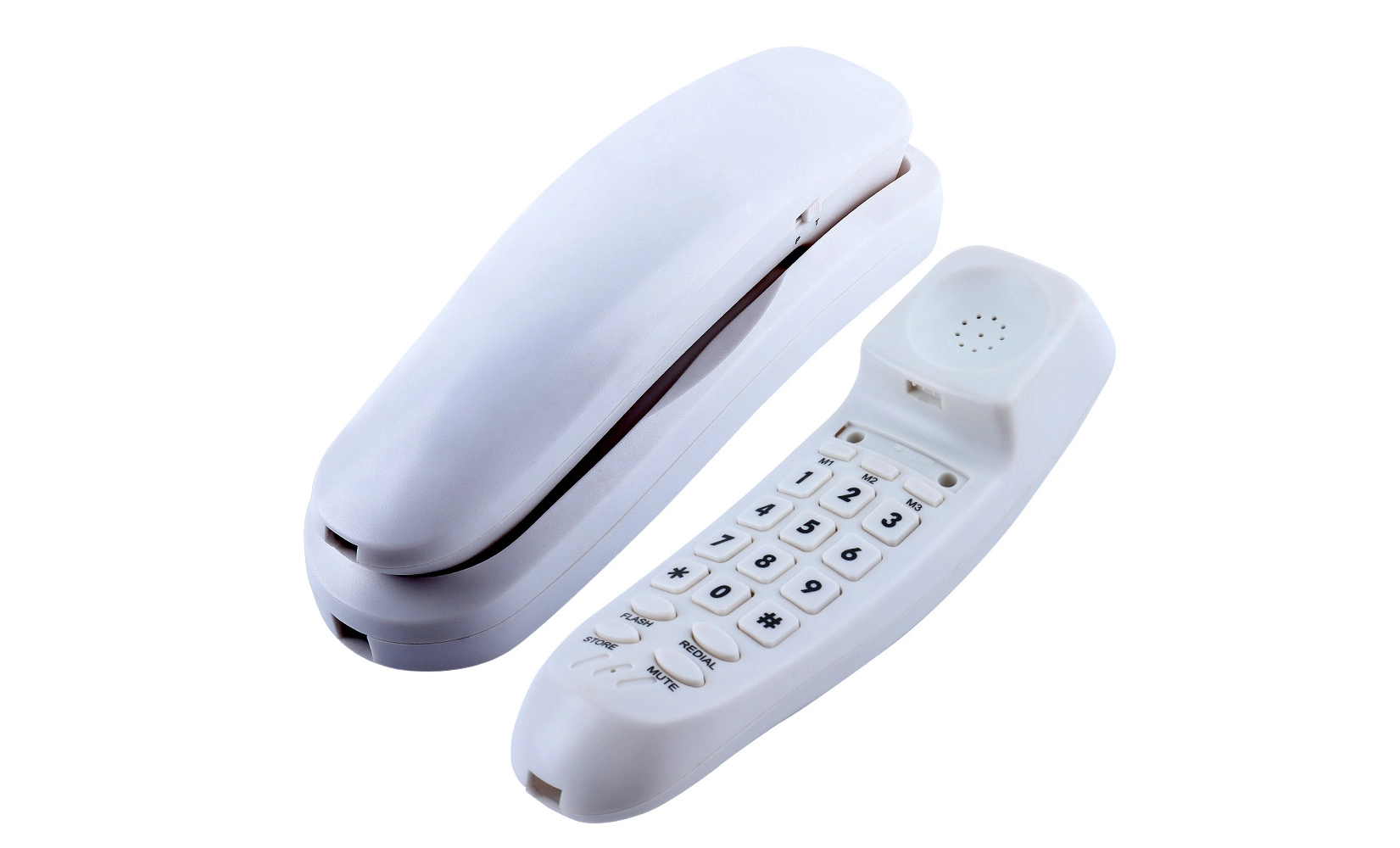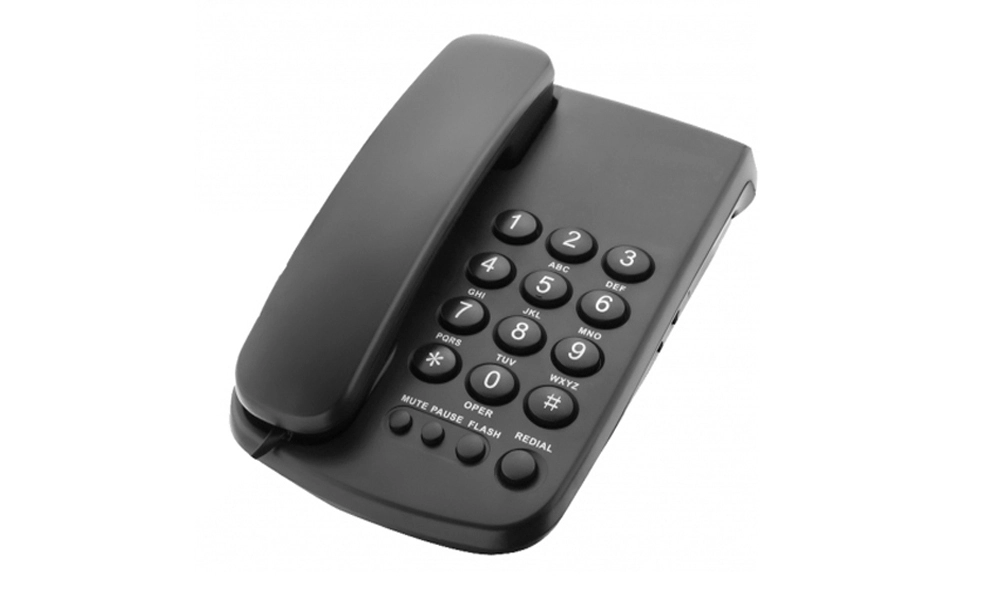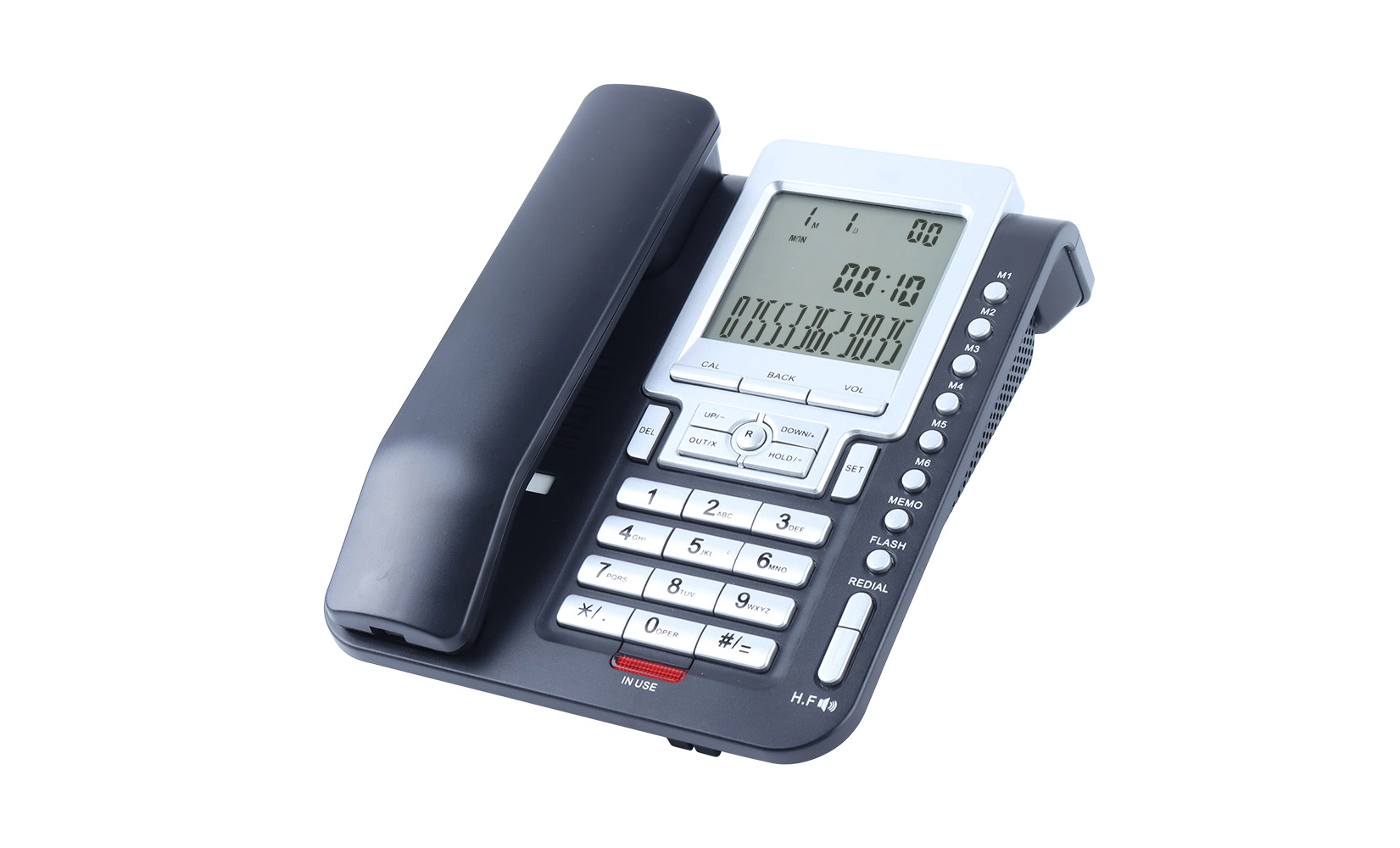Introducing Smart-Room Systems and Hotel Phone Requirements
The Evolution of Smart-Room Technology in Hotels
Smart-room systems have revolutionized the hospitality industry, offering guests unprecedented control over their environment and providing hoteliers with valuable data and operational efficiencies. These systems typically encompass a range of interconnected devices and services, including lighting control, climate management, entertainment systems, and even automated check-in/check-out processes. As these technologies have advanced, the role of hotel phones has evolved from simple communication devices to integral components of the smart-room ecosystem.
Key Features of Modern Hotel Phones
Modern hotel phones have come a long way from their traditional counterparts. Today's devices often boast features such as:
- High-definition voice quality
- Touchscreen displays
- Customizable user interfaces
- Integration with hotel services and information systems
- Multi-language support
- Emergency alert capabilities
Compatibility Considerations for Smart-Room Integration
When selecting hotel phones for smart-room integration, several key factors must be considered:
- Network Compatibility: Ensure the phones can operate on the hotel's existing IP network.
- Protocol Support: Look for devices that support industry-standard protocols like SIP (Session Initiation Protocol).
- Power Requirements: Consider PoE-enabled phones to simplify installation and reduce wiring needs.
- Integration Capabilities: Choose phones that can interface with the hotel's PMS and other smart-room components.
- Customization Options: Opt for devices that allow for branding and feature customization to match the hotel's unique offerings.
Implementing Smart-Room Compatible Hotel Phones: Best Practices
Assessing Existing Infrastructure and Future Needs
Before implementing new hotel phones, it's crucial to conduct a thorough assessment of the existing infrastructure. This includes evaluating the current network capacity, identifying potential bottlenecks, and determining any necessary upgrades. Additionally, hoteliers should consider their long-term technology roadmap to ensure that the chosen phone system can accommodate future smart-room enhancements.
Selecting the Right Phone System Provider
Choosing the right provider is paramount to successful smart-room phone integration. Look for vendors with:
- Extensive experience in the hospitality industry
- A proven track record of successful smart-room integrations
- Robust support and maintenance services
- Ongoing research and development in smart-room technologies
Training Staff and Guests on New Features
The introduction of smart-room-compatible hotel phones often brings new features and functionalities that may be unfamiliar to both staff and guests. Developing comprehensive training programs for hotel employees is essential to ensure they can effectively assist guests and troubleshoot any issues. For guests, consider creating user-friendly guides or interactive tutorials that highlight the phone's smart-room integration capabilities, empowering them to make the most of their stay.
Maximizing ROI: Leveraging Smart-Room Phone Integration
Enhancing Guest Services Through Phone-Based Controls
Smart-room-compatible hotel phones can serve as a central control hub for guests, allowing them to manage various aspects of their room environment. By integrating phone systems with smart-room technologies, hotels can offer guests the ability to:
- Adjust room temperature and lighting
- Control in-room entertainment systems
- Make restaurant reservations or order room service
- Request housekeeping or maintenance services
- Access hotel information and local attractions
 Optimizing Hotel Operations with Integrated Systems
Optimizing Hotel Operations with Integrated Systems
The integration of hotel phones with smart-room systems can significantly streamline hotel operations. By connecting phones to the property management system and other back-end systems, hotels can:
- Automate check-in/check-out processes
- Improve staff communication and task management
- Monitor room status and occupancy in real time.
- Gather valuable guest preference data for personalized services
- Implement energy-saving measures based on room occupancy
Analyzing Data for Continuous Improvement
Smart-room phone systems generate a wealth of data that can be leveraged for continuous improvement. By analyzing usage patterns, guest preferences, and service requests, hotels can:
- Identify popular services and features for further enhancement
- Detect areas for operational improvement
- Personalize guest experiences based on historical data
- Optimize staffing levels and resource allocation
- Develop targeted marketing campaigns and loyalty programs
Conclusion
Integrating hotel phones with smart-room systems is a complex but rewarding endeavor that can significantly enhance the guest experience and streamline hotel operations. By carefully considering compatibility requirements, following best practices for implementation, and leveraging the full potential of integrated systems, hoteliers can maximize their return on investment and stay competitive in an increasingly technology-driven industry. As smart-room technologies continue to evolve, maintaining a flexible and forward-thinking approach to phone system integration will be key to long-term success in the hospitality sector.
Analog phones compatible with smart room hubs | CHEETA
CHEETA, a leading manufacturer of analog telephones, offers cutting-edge solutions for integrating traditional phone systems with modern smart-room technologies. With 18+ years of OEM/ODM expertise, CHEETA specializes in producing high-quality communication devices that seamlessly blend with smart hotel ecosystems. Our state-of-the-art 1,200 ㎡ facility, staffed by 100+ skilled workers and 10 senior engineers, ensures rapid production and delivery of up to 1,000 units daily.
CHEETA's commitment to quality is evident in our rigorous 11-step inspection process, resulting in an industry-leading failure rate below 1%. By choosing CHEETA, hoteliers gain access to customizable, reliable, and innovative analog phone solutions that enhance their smart-room offerings. For more information on how CHEETA can elevate your hotel's communication systems, contact us at allen@cheeta.com.cn.

 Integrating
Integrating 




